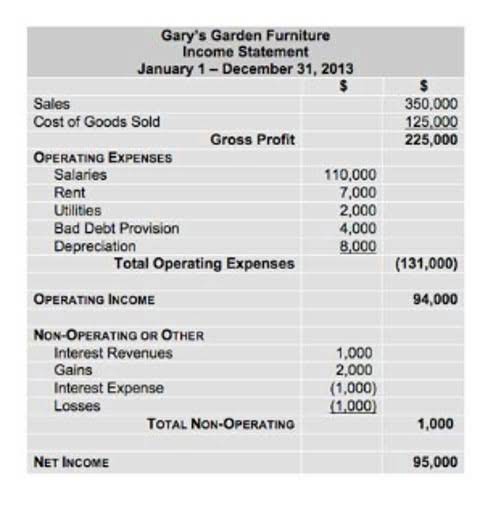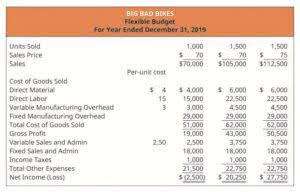See how wholesale distribution businesses use Enterprise to optimize purchasing, pricing, and sales. QuickBooks Commerce integrates with multiple eCommerce platforms. You can then approve invoices and payments and have that information pushed automatically back to how to calculate your break QuickBooks Commerce and then reflected on your sales channels.
Manage and automate inventory reconciliation
This helps make sure you meet all tax requirements without mistakes. Handling complex transactions means keeping detailed records and understanding your business’s financial aspects well. This ensures all transactions are recorded and tracked correctly. Using smart expense reduction strategies can boost your cash flow. Think about renegotiating with suppliers for better deals, making your logistics more efficient, and finding cheaper tech solutions. Cutting down on unnecessary spending lets you put more money back sources and uses of funds table into your business.
Who is the best Accounting Software For Distribution Companies?
Use of the Site and reliance on any information provided on the Site is solely at your own risk. This compensation may impact how and where products appear on the Site, including the order in which they appear. Our Site does not include all software companies or all available vendors.
Bin-level tracking
With the intricate details of wholesale operations, it’s key to match financial management with your growth goals. To manage inventory costs well, start by forecasting demand to predict what you’ll need. Having a clear view of inventory and orders helps everyone work better together and order on time. By setting up alerts for when it’s time to restock, you can avoid having too much or too little of important items. Automation in managing inventory saves time and makes it more accurate, lowering costs.
Accounting software can also facilitate better communication between departments, assist with budgeting and forecasting, and provide real-time visibility into business performance. Using advanced accounting software and following best bookkeeping practices lays a strong foundation for growth. Accurate financial reports help control costs and guide smart decisions on managing inventory and other key business areas. Bookkeeping services bring many benefits to wholesale businesses. They ensure accurate financial records and make tax preparation easier. This frees up your time, letting you focus on what’s important to your business.
- View available inventory, what’s on sales order, and what’s ready for assembly.
- It’s one thing to have your end goal in mind and another to take the right steps to make it happen.
- You can then approve invoices and payments and have that information pushed automatically back to QuickBooks Commerce and then reflected on your sales channels.
- This means arranging your warehouse for easy access to speed up work and get orders out fast.
- It comes with the functionality to handle accounting, payroll, payments, inventory, and more.
- Accurate financial reports help control costs and guide smart decisions on managing inventory and other key business areas.
It is included in the base subscription for QuickBooks Desktop Enterprise Diamond; $1 per employee per pay period. If you file taxes in more than one state, each additional state is currently $12/month. Active subscription, Internet access and Federal Employer Identification Number (FEIN) required.
These can greatly affect their financial health and how well they run. To overcome these issues, it’s important to understand complex transactions, follow tax rules closely, and make sure financial statements are the grateful dead attend their first acid test on this day in 1965 correct. Managing cash flow well is key for any wholesale distribution business to thrive. By following best practices, you can keep a healthy cash flow and support growth. Because wholesalers normally only distribute large bundles of products, it can be difficult for small businesses to get deals from wholesalers. With a system like QuickBooks for wholesale businesses, you can save time and money and focus on growth.
Use reminders for late payments and follow up quickly to help cash flow. Reduce inventory costs, eliminate purchasing errors, improve production efficiency, and more with software designed for small- to medium-sized businesses. Experience true inventory control with the #1 inventory management software for warehouse management.
Services like those from Future Proof Accounting help with precise financial handling. This ensures you follow the law and plan well for your business. QuickBooks Enterprise is an advanced version of our popular and widely used accounting software. While not a full ERP, it is designed to be the appropriate next step, providing features and functionality growing companies need without over-serving them.







